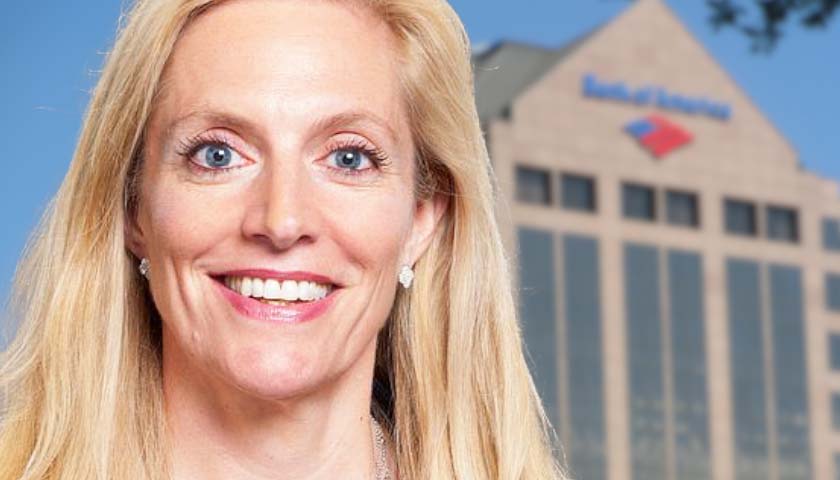by Harry Wilmerding
Federal Reserve Governor Lael Brainard believes financial regulators should tell banks how to tackle climate change as a way to monitor threats to the overall financial system, The Wall Street Journal reported.
Brainard outlined in a speech how the central bank should prepare for climate change events like flooding and wildfires, which she thinks could deliver a shock to the markets and economy.
“Ultimately, I anticipate it will be helpful to provide supervisory guidance for large banking institutions in their efforts to appropriately measure, monitor, and manage material climate-related risks, following the lead of a number of other countries,” Brainard said during the speech.
 “Climate change could have profound consequences for the level, trend growth and variability of economic activity over time,” Brainard added. She believes that the COVID-19 pandemic “is a stark reminder that extreme events can materialize with little warning and trigger severe financial losses and market disruptions.”
“Climate change could have profound consequences for the level, trend growth and variability of economic activity over time,” Brainard added. She believes that the COVID-19 pandemic “is a stark reminder that extreme events can materialize with little warning and trigger severe financial losses and market disruptions.”
Brainard said that the Federal Reserve is looking at ways to implement scenario analyses to calculate the risk of climate change and the costs of transitioning to a low-carbon economy.
“Acute hazards, such as damaging hurricanes, or climate-related policy changes could quickly alter perceptions of future risk or reveal new information about the value of assets,” Brainard said.
She also discussed the benefits of scenario analyses that calculate projected revenue and losses for banks to show risks both geographically and within sectors.
“Scenario analysis is a useful tool in assessing the links between climate-related risks and economic outcomes because it requires assessing the implications for financial stability and individual financial institutions in a systematic way,” Brainard said.
Brainard, who is widely considered a progressive, is a frontrunner to replace Fed Vice Chairman Randal Quarles, whose term ends next week, according to The Wall Street Journal. Brainard is also a potential candidate to succeed Fed Chairman Jerome Powell at the end of his term next year.
“Everybody can see that the Fed has been moving toward a more progressive stance, and it wouldn’t be a big shock to see that she gets more power either as Fed chair or as vice chair for regulation,” Ed Yardeni, president of Yardeni Research, told CNBC.
– – –
Harry Wilmerding is a reporter at Daily Caller News Foundation.
Photo “Lael Brainard” by Lael Brainard. Background Photo “Bank of America” by Billy Hathorn. CC BY-SA 3.0.





